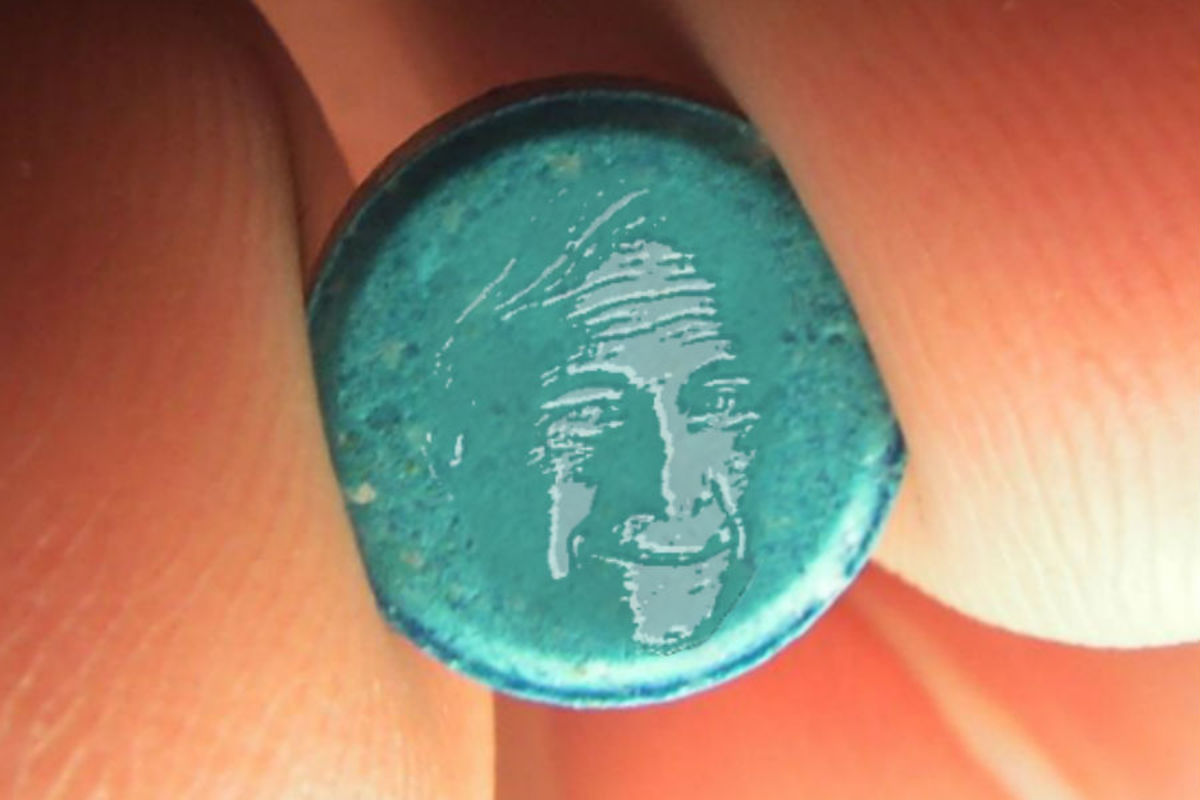
(Photo by JIM WATSON/AFP/Getty Images)
Well, don’t we all feel better? Are you not reassured by the President’s little fireside chat last night?
No? HUH!
Funny enough, the stock market is also a bit dyspeptic this morning. After President Trump’s eleven-minute, scripted address to the nation, his aides spent the rest of the evening cleaning up a series of catastrophic factual errors that exacerbated the panic over COVID-19. You can watch the whole thing here, if you’re feeling masochistic.
Naturally Trump opened by patting himself on the back for “the most aggressive and comprehensive effort to confront a foreign virus in modern history” and then crapping on China and the E.U., claiming that “a large number of new clusters in the United States were seeded by travelers from Europe.” In normal times, we might not refer to our allies, who are, lest we forget, suffering and dying, as vectors of contagion. But in normal times, we’d probably give them a heads up before announcing a travel ban on national television.
These are not normal times.
To keep new cases from entering our shores, we will be suspending all travel from Europe to the United States for the next 30 days. The new rules will go into effect Friday at midnight. These restrictions will be adjusted subject to conditions on the ground. There will be exemptions for Americans who have undergone appropriate screenings.
Naturally, this set off a panic in Europe, where Americans and lawful permanent residents abroad raced to pay whatever it cost to get on the last plane out of Saigon De Gaulle, since the president very clearly said Americans weren’t getting back in without “appropriate screenings,” whatever that means.
Except, whoopsie!
It’s cool, you guys. The airlines will get right on those refunds … NEVER.
Trump continued:
These prohibitions will not only apply to the tremendous amount of trade and cargo, but various other things as we get approval. Anything coming from Europe to the United States is what we are discussing. These restrictions will also not apply to the United Kingdom.
Now, to the untrained observer, that might sound like Trump is cutting off imports from our biggest trading partner, effective immediately. But when he said “anything coming from Europe to the United States,” what Trump meant was only people.
Clearly those losers at the FTSE and the DAX, both of which dropped about 10 percent yesterday, really need to clean their ears! Did they not hear the president when he decreed that “This is not a financial crisis, this is just a temporary moment of time that we will overcome together as a nation and as a world?” Silly Europe!
Third time’s a charm?
Earlier this week, I met with the leaders of health insurance industry who have agreed to waive all copayments for coronavirus treatments, extend insurance coverage to these treatments, and to prevent surprise medical billing.
Uhhhh, nope.
“The leaders at the White House for Tuesday’s industry meeting agreed to waive copays for testing not for treatment. Treatment is being considered a covered benefit in accordance with a person’s plan,” Kristine Grow, spokesperson for America’s Health Insurance Plans told CNBC’s Eamon Javers.
Meanwhile, we still have nowhere near enough tests to diagnose how far the virus has spread, and Mitch McConnell is refusing to pass Nancy Pelosi’s plan because “it proposes new bureaucracy that would only delay assistance.” Which seems to be code for, you guessed it, abortion.
Anyway, this is all fine.
Okaaaaaaaaaaaaay?
Remarks by President Trump in Address to the Nation [WH.gov, March 12, 2020]
Elizabeth Dye lives in Baltimore where she writes about law and politics.










 Kathryn Rubino is a Senior Editor at Above the Law, and host of
Kathryn Rubino is a Senior Editor at Above the Law, and host of 




